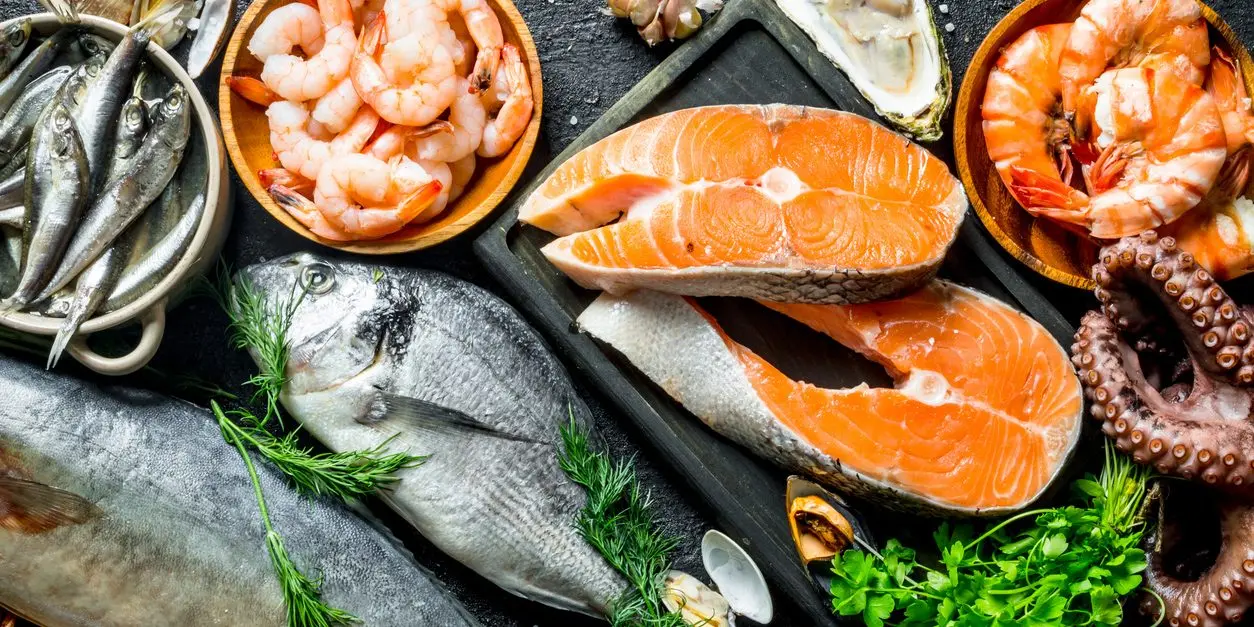Kidney diseases and ailments can have a significant impact on the body. If you are on the path to recovery, it is crucial to monitor your diet carefully and restrict yourself to certain foods that won't trigger any symptoms. As a leading board-certified kidney specialist, Dr. Gura emphasizes the importance of understanding the basics of a renal diet for kidney patients.

No Salt Added Foods
When dealing with kidney or cholesterol issues, it becomes apparent how much salt is present in various foods. It is essential to be cautious when consuming pre-packaged or canned foods and check the sodium levels on all products. Avoid using salt when cooking meals at home, including pre-seasoned or flavored foods. High sodium levels can cause flare-ups in kidney disease, leading to long-term effects.
Bell Peppers
If you are looking for a way to add flavor to your meals without using salt, red bell peppers are an excellent option. They are rich in Vitamin A and Vitamin C, while also being low in potassium. Potassium is known to be harmful to kidney disease, so incorporating red bell peppers into your diet can be a healthy and flavorful choice. Enjoy them as a snack or mix them in with your favorite protein for a delicious meal.
Garlic
If you are tired of following a dialysis diet, consider adding garlic to your meals. Garlic is a flavorful alternative for seasoning and contains natural ingredients that can help fight off infection and harmful bacteria. However, it is important to use garlic powder instead of garlic salt to avoid sodium. Garlic is a potent ingredient to use in your meals, as long as it is sodium-free.
An Apple a Day
Apples are often underestimated when it comes to their health benefits. They are naturally sweet and not overly sugary or unhealthy. Scientifically, apples are known to reduce the effects of inflammatory conditions and diseases, including kidney disease. They can also lower cholesterol and decrease the risk of cancer. Apples have anti-inflammatory qualities that make them a true superfood.
Blueberries
Blueberries are another fruit with extreme health benefits. You can eat them raw, blend them into a smoothie, or top a crunchy salad with them. Blueberries are rich in antioxidants, which can reduce inflammation, swelling, and other symptoms of irritation that you may experience in your kidneys. Additionally, blueberries promote brain health and activity and can even strengthen bone mass.
Egg Whites
Egg whites are a reliable protein option for those on a renal diet. They provide all the necessary amino acids for good health. Additionally, egg whites have the least amount of phosphorous compared to other protein options. This is important for individuals with kidney disease, as they need to decrease their phosphorous intake.
Fish
Fish with omega-3 fatty acids is another excellent protein option for kidney patients. Salmon is particularly recommended, although any fish with low cholesterol and mercury levels will do. The American Heart Association and kidney experts worldwide endorse fish as a healthy protein option with numerous health benefits. It is recommended to consume fish at least twice a week, with options such as salmon, trout, tuna, and mackerel.
Although tilapia is rich in omega-3 fatty acids, it should be limited or avoided in a renal diet due to its high phosphorus and potassium content. One fillet of tilapia contains significant amounts of protein, vitamin D, potassium, vitamin B12, calcium, phosphorous, and selenium. Individuals with kidney disease should limit their consumption of foods high in potassium and phosphorus to avoid a buildup of these minerals in the blood, which can have adverse effects.
Seafood, including prawns, could potentially protect against kidney disease. The largest analysis of the health benefits of fatty acids found in seafood revealed that individuals who consumed the most had a lower risk of developing chronic kidney disease. The study involved over 25,000 participants across 12 countries and found that those with the highest levels of seafood-derived polyunsaturated fatty acids had a slower decline in kidney function.
Long-chain omega-3 polyunsaturated fatty acids, or n-3 PUFAs, are known to be beneficial for heart health, and this research suggests that they may also be beneficial for kidney health. Including seafood and oily fish, such as prawns, in a healthy diet can provide additional benefits for individuals at risk of kidney disease.
Chronic kidney disease affects a significant number of people worldwide and is associated with a higher risk of cardiovascular disease. Slowing the progression of this disease is crucial, and increasing n-3 PUFA intake through seafood consumption may be a helpful approach. The study found that higher levels of seafood-derived n-3 PUFAs were associated with a 13% lower risk of developing abnormal kidney function consistent with CKD.
It is important to note that plant-derived n-3 PUFAs did not show the same benefits. Adequate consumption of seafood and oily fish, especially for those at risk of kidney disease, is encouraged to reap the potential advantages of seafood-derived n-3 PUFAs.
Assess Your Renal Health Now!
Your kidneys play a crucial role in the overall health of your body, and following a sodium-free diet is one of the best things you can do to improve any negative symptoms. It is recommended to closely monitor your renal diet with the guidance of a certified specialist. To learn more about your kidney health needs, you can make an appointment with our specialist at your earliest convenience. Contact us online or give us a call at (310) 550-6240 to get started.
If you want to know other articles similar to Optimizing your renal diet: best foods for kidney disease you can visit the Renal diet category.

